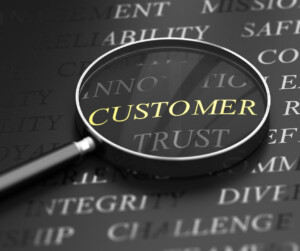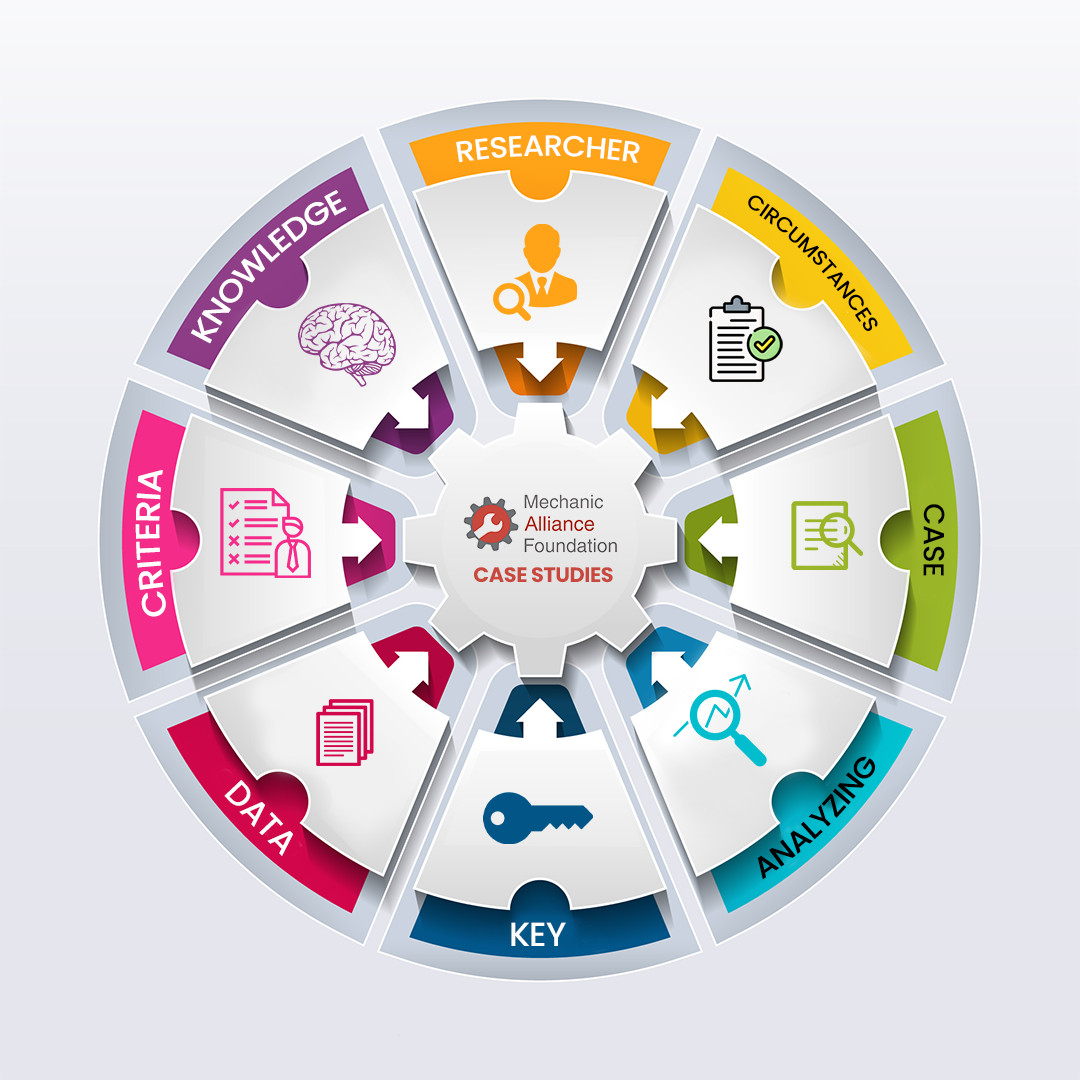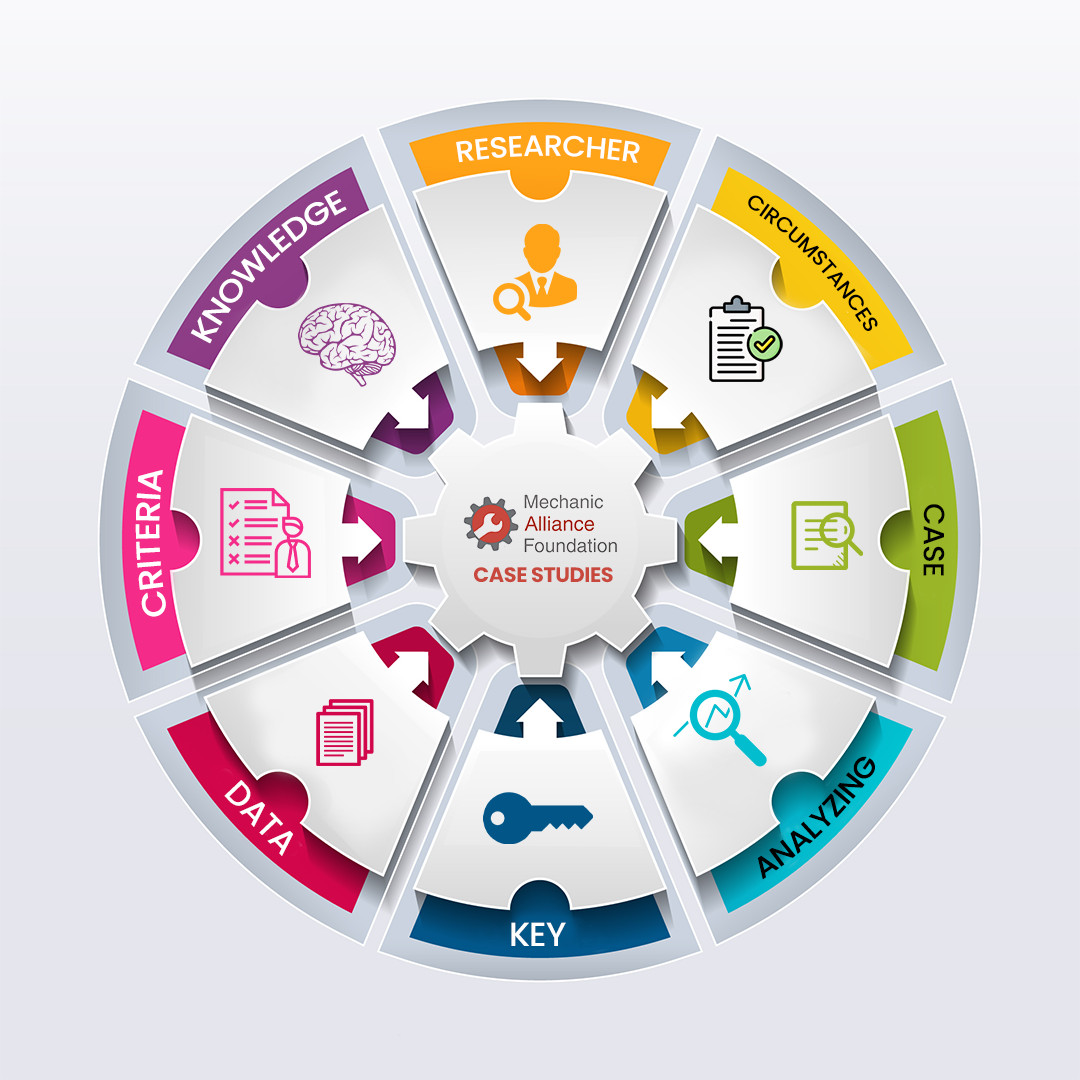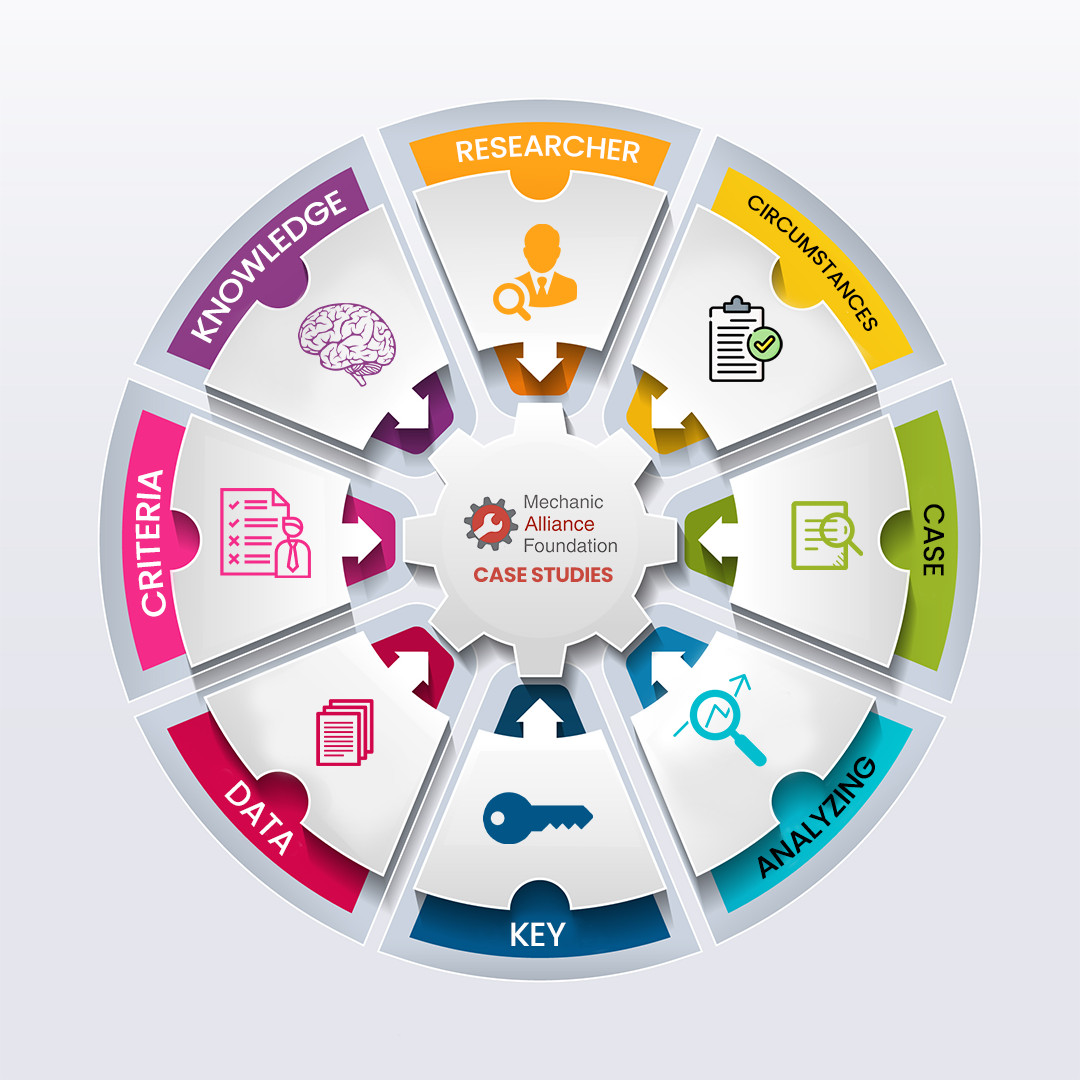
We are living in a consumer-first era, you might say “Certifications really don’t matter” or “Having a mobile service is just plain stupid.” You could not be more wrong on both comments, what customers really want decides where your business will be now and in the future.
For years, we as mechanics think we know what customers really want. Our industry has been so far off the mark it is not even funny. It reminds me of decades ago when I taught at a Vocational College. When I started, they were teaching 20,000 volts under the hood on a film strip that had been taped so many times it was hardly legible. Immediately I updated the entire system to teach and train current up to date technology. Their focus was so far from what the industry needed at that time.
Having just sold my two shops and moving to training I figured this would be a great move. I soon figured out it was just a dumping ground for high school students that didn’t really want to be anywhere. However, my post high school students were energetic and full of life, wanting to learn and experience what it took to become a professional in their field. Truth be known two of them I still stay in contact with today have both done great things in their lives. One became an engineer and the other has his own shop. Even the school system at that time was clueless as to what their customers really want (the repair shop).
I spend a lot of my time researching what customers really want. Why, because it highly determines where you should be in business if you want to excel above and beyond your competitor. Understanding what customers really want is more important today than ever before.
Since Covid everyone is fighting to keep their businesses afloat. The new and constantly changing desires of our customers should be of great concern to us. Get the Field of Dreams tag line (if you build it, they will come) out of your head that’s not how it is in today’s environment.
We should always be trying to understand what our customers really want. Look at how we transitioned from sedans to SUVs, from no cup holders to 30 of them to now minimal cup holders in a vehicle. Our regular research is not just searching online customer service articles, we actually get out in the field and do what we call our Customer Segment Interview asking every consumer we come in contact at the grocery store, restaurant or while waiting in line at the movie how they feel about car repair.
Today it is clear that any mechanic or repair shop that hasn’t spent the past few years putting things right, will most certainly be suffering in this post-pandemic business crisis.
“A successful company will always be differentiating itself from competitors who do not offer the same service or experience.”
Some will say I’m doing great; I’m slammed like never before; I’m booked 2 weeks out. Okay, that’s great but that comes with issues as well, like when will my car be done why is it taking so long and how come I have to wait so long. Just because you’re busy that doesn’t mean you are making the profit margins you should be making, actually most will slip because they are spending less time watching and gauging this side of their business costing them thousands of dollars a week.
There are three important elements of customer service:
- A positive customers experience
- Adding value to your company
- Enabling differentiation
This clearly identifies three huge benefits of becoming (more) customer friendly for any and every business:
1. Positive customer experience has been shown to increase both loyalty and advocacy. As we all know, it costs ten times – if not even more – to acquire a new customer, as it does to keep a current one. Therefore, strong loyalty is a valuable benefit for a brand.
However, if you take a look at supermarkets and their shopping going online because of Covid you will see there was an 161.4% increase immediately that took place. Loyalty here took on a whole new meaning. Customer experience now has far more to do with the online ease of ordering than that of store shopping. Unfortunately, most supermarkets didn’t prepare for such an onslaught and suffered early on. What customers really want here is convenience and not being in crowed places.
2. Adding value to a company also increases the ROI of its marketing investments. What’s good for the customer is good for business, they really don’t care about you and what you think they need, it’s all about what you can do for them today.
What customers really want now is organizations that provide more than just their products and services. They expect them to care for their employees and the communities in which they do business. They likewise expect their time not to be wasted.
3. Enabling differentiation in this complex world is invaluable in standing out from the competition. In so many industries today product performance and services are almost identical, so how can you differentiate your brand and give customers what they really want? I cringe every time I see the tire commercial of buy three get one free or oil change $19.99. Really? You have been using this slogan for over 15 years, way back when Hulu was founded by The Walt Disney Company. Is this what customers really want? You can be the knuckle dragging grease monkey that cuts costs and ruins the consumer car, always creating more issues for the industry and pissing of the consumer or you can be the professional that charges what you are worth but are worth what you charge with certifications and service that exceeds their expectations. It has been shown that customers are willing to pay more for excellent customer service. Yes, MORE for exactly the same product or service, so why are you waiting to raise your rate? American Express did the research that proves this.
In the post-covid reset, differentiation is going to move from products alone to increased service and care. As already mentioned, customers expect brands to support them in such hard times, but also their employees and communities.
The Importance of Customer Satisfaction & Understanding
There is no denying that customer service is important, and vital to growth and profitability. However, some companies are hesitant to adopt best practices in this area, which concerns me for a number of reasons:
1. Changes are happening too slowly in most organizations. If it is important for the customer, what is stopping you from adopting a more customer centric approach? The longer you wait, the more you risk being beaten by a more customer-friendly competitor. And this is why so many start-ups are stealing significant share from the major brands.
It’s also no longer (just) about product and service performance anymore. It’s about how the customer feels about your brand, are you giving what the customers really want. Niche brands have understood this better than anyone. And the pandemic has further accentuated the importance of emotions.
We expect to see a lot of brand switching next year as a direct consequence of forced behavioral changes from Covid.
2. Customers are complaining – a lot – about the way they are being treated. Why are companies not accepting these criticisms as the gifts they are? Acting promptly before the issue becomes yet one more social media viral overnight sensation is essential today. Do it right and your complainers may even turn into advocates if they are delighted with the outcome.
Complaints are also wonderful (free) sources of innovation and renovation ideas. Find out what your customers are unhappy about and then propose a solution. You may even be able to charge more since the new offer will better meet their needs as this is what customers really want.
3. Customer service is still being confused with customer satisfaction. Companies are happy when their customers say they are satisfied, but that is no longer enough – if it ever was!
All businesses should be looking to surprise and delight their customers! They should be finding out what their customers really want. After months of lockdown, customers have a short fuse and react more strongly when dissatisfied with a company or brand. We need to respond faster and more completely to demands, comments and complaints.
So, what does a business need to do to deliver what their customers really want today and increase their satisfaction? There are seven facts that become apparent from this analysis (to me this has mobile service written all over it):
- Businesses should always provide positive customer experience and do whatever it takes to not only satisfy but ideally delight their customers.
- Companies need to go beyond the mere technical process of customer service, they need to truly put their customers at the heart of the organization. This means adopting a customer-first strategy.
- It should be a no-brainer for every single business, whatever the industry, to adopt a customer-first strategy.
- Customer service improvements are happening too slowly in most companies, especially when customers are becoming ever more demanding and verbose when dissatisfied.
- Providing customer service doesn’t guarantee customer satisfaction. Responding to customers in a timely manner has become the table stakes for competing in most if not all B2C industries.
- Positive customer experience always increases loyalty and advocacy. It has been shown that a totally satisfied customer contributes 2.6 times as much revenue as a somewhat satisfied customer and 14 times as much revenue as a somewhat dissatisfied customer.
- Excellent customer service enables differentiation and even higher prices.
- In summary, in this post-covid era, people want businesses to listen and understand them, they want them to provide for what they really want. When a customer takes the time to contact a company because they are unhappy, or even just for information, they expect a satisfactory outcome as a minimum. Those organizations who go beyond, to deliver surprise and delight, will see their reputations improve, as well as an increase in their customers’ loyalty and advocacy.
So how are you doing? Are you living up to your customers’ expectations? Are you delivering what your customers really want? How have you made progress in this area, especially in the last six months? Please share your success stories.
JOIN https://mechanicalliance.com/ TODAY!

















0 Comments